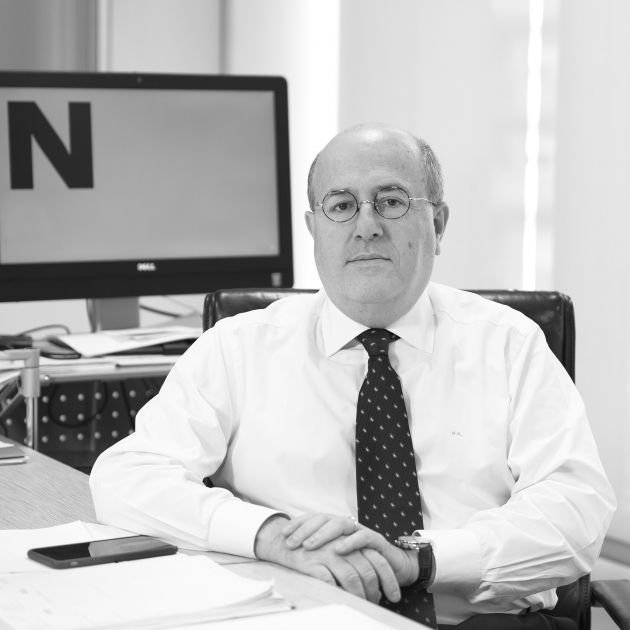Spain's king Felipe VI had to get the authorities of the Spanish state to accompany him during his visit to Barcelona. This is, undoubtedly, the principal headline arising from the gaps offered to the monarch by the Catalan authorities when he arrived this Sunday at the city's Palau de la Música to preside over the gala dinner prior to the Mobile World Congress. If inside the dinner venue, there were gaps, outside the historic palace the order of the day were the noisy protests. As many as ten adjacent streets had been cordoned off by the Mossos d'Esquadra to prevent demonstrators from obtaining access to the official perimeter. Only the main thoroughfare, Via Laietana, was kept open from its southern access so that the official party could arrive with no traffic problems. Institutional gaps, protests in the street and a major pot-banging protest in many Catalan towns so that the discontent with the visit was evident. This was the story of the two first hours of the royal visit to Barcelona.
If anybody had doubts, the climate of ill feeling generated after the king's speech on 3rd October last year endures in Catalonia to an important degree. It is reflected in the spectacular police operation and the protests just seen. A turning point has passed since that 3rd October, since the suppression of Catalonia's home rule, since the dismissal of the Catalan government and the journey to exile of the Catalan president and four ministers in Brussels and the later imprisonment of the rest of the Catalan executive. Not to mention the jailing of the Jordis, the court summonses issued to hundreds of mayors who are under investigation and the repression of the independence referendum on 1st October. In the face of all this, the crown, far from playing its role as arbitrator, has taken a clearly partisan line.
The Catalan elections on 21st December concluded with the pro-independence majority being repeated, and it does not seem to have sunk in to anybody in the Madrid government that the old solutions don't work any more. The monarch's speech — 10 paragraphs in English, 3 in Castilian and 3 in Catalan—, far from offering any contingency, simply ignored the political situation. And no time references appear in the text, so that it might as well have been the one he read last time. Seated at the presidential table, although not in the place that he should have been, since he was ostentatiously excluded from the position that protocol determined, the speaker of the Catalan Parliament, Roger Torrent, with a yellow bow on his lapel, did not applaud the head of state's discourse. On the other hand, Barcelona mayor Ada Colau, who is very used to doing something and at the same time its opposite, did applaud. From Brussels, president Puigdemont had stated in the morning that the king would be welcome in Catalonia once he had asked for an apology. Something that obviously did not take place and does not look like it will.
